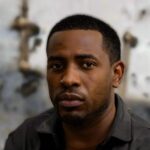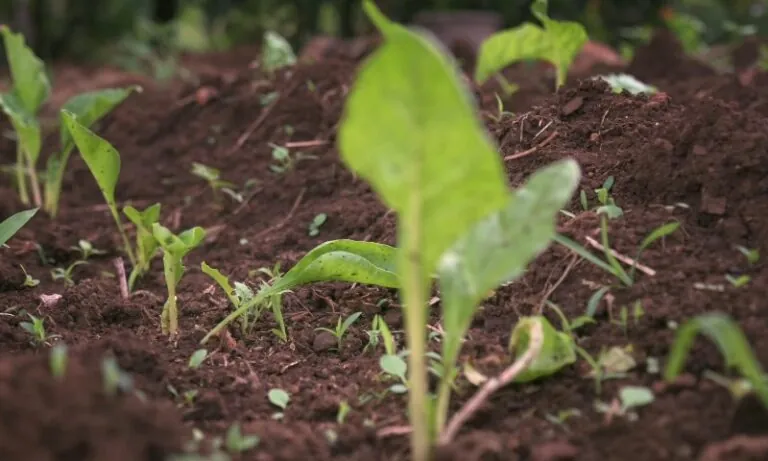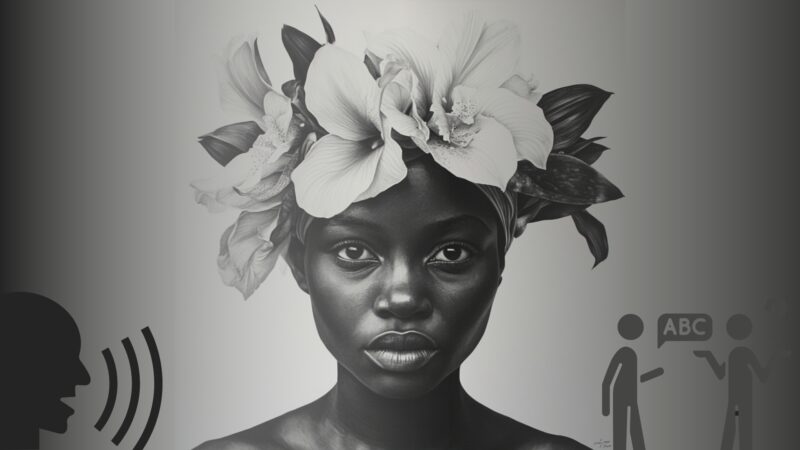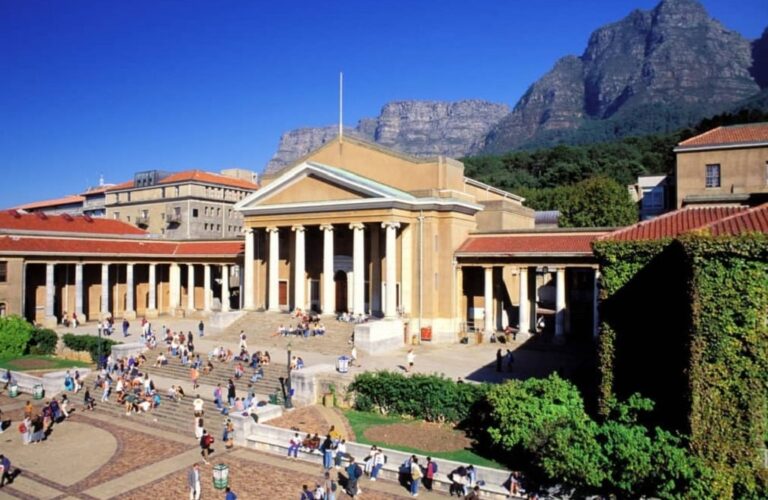Chichewa, also known as Chewa or Nyanja, is a prominent Bantu language with a rich history and cultural significance.
Spoken by over 16 million people across Malawi, Zambia, Mozambique, and Zimbabwe, it holds official language status in both Malawi and Zambia.
Chichewa serves as a vital means of communication in the region, reflecting the deep-rooted traditions and values of its speakers.
Where Does it Come From?

The Chichewa language finds its roots in the Bantu Migration, a significant event in the history of African languages and cultures.
Chichewa is part of the Niger-Congo language family, which is one of the largest language families in Africa.
The Chewa people, the primary speakers of Chichewa, migrated from the Congo Basin to the Lake Malawi region around the mid-fifteenth century.
This migration was part of a broader movement of Bantu-speaking peoples across Central and Southern Africa, driven by various factors including the search for arable land, favorable climates, and new opportunities for trade and settlement.
As the Chewa people settled in the Lake Malawi region, Chichewa began to evolve and spread. The language’s development was significantly influenced by the interactions with neighboring ethnic groups and the environments they encountered during their migration.
Chichewa absorbed elements from other Bantu languages and adapted to the local cultures, resulting in a language that is both unique and deeply connected to the history of the region.
Early written records of Chichewa provide invaluable insights into its development and use. One of the earliest extensive records is “The Dictionary of the Kiniassa Language,” compiled by Reverend John Rebman in 1853-54.
This work was pivotal in documenting Chichewa and setting the foundation for further linguistic studies.
Missionaries played a crucial role in shaping Chichewa’s written form, as they translated religious texts and developed educational materials in the language, further embedding it in the cultural and educational fabric of the region.
What are the Main Linguistic Characteristics?
Chichewa is a language rich in linguistic features that make it both complex and fascinating.
One of the most distinctive characteristics of Chichewa is its tonal system. The language uses high and low tones to convey meaning, which adds a layer of depth to spoken communication.
This tonal quality not only differentiates words and phrases but also contributes to the musicality and rhythmic flow of the language, making it particularly resonant in poetry, music, and oral storytelling.
Another important aspect of Chichewa is its agglutinating and inflectional nature.
Chichewa, like many other Bantu languages, forms words by stringing together morphemes—units of meaning—into complex structures.
The process involves the heavy use of prefixes, suffixes, and infixes to create words that can express a wide range of meanings and grammatical functions.
For instance, a single Chichewa word can convey information about the subject, object, tense, mood, and aspect of a verb, all through the addition of various morphemes.
The script used to write Chichewa is primarily based on the Latin alphabet, but with some unique adaptations to represent sounds specific to the language.
While Chichewa does not have its own script separate from the Latin alphabet, it includes characters that are tailored to the phonetic requirements of the language.
This makes it accessible to speakers of other languages that use the Latin script, while still preserving the distinct sounds and tones of the language.
The Impact on Culture
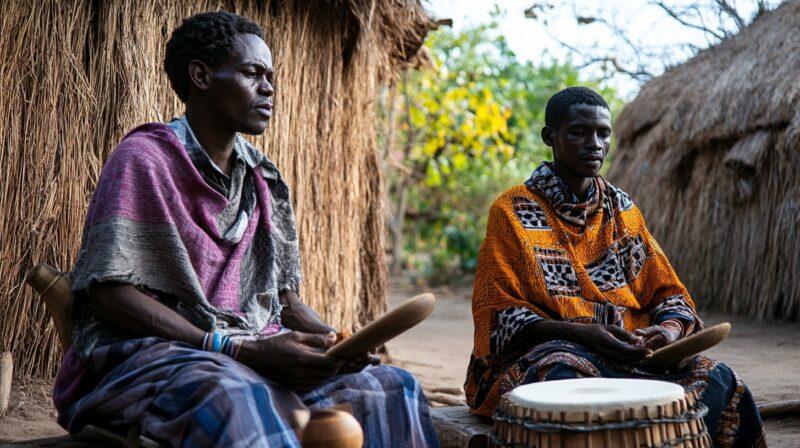
Chichewa holds a special place in the cultural landscape of the regions where it is spoken, serving as more than just a means of communication.
As a lingua franca, Chichewa bridges the diversity of several countries:
- Malawi
- Zambia
- Mozambique
- Zimbabwe
It is a symbol of unity among various ethnic groups, providing a common ground for people with different mother tongues and cultural backgrounds.
The cultural significance of Chichewa is also evident in its rich tradition of proverbs, known as “miyambo.”
These proverbs encapsulate the wisdom, values, and life experiences of the Chewa people. They are passed down through generations and are often used to teach moral lessons, offer guidance, and reflect on the human condition.
Chichewa proverbs are deeply embedded in the social fabric, often invoked in everyday conversations, speeches, and storytelling.
In addition to proverbs, Chichewa is the language of choice for many art forms in the region.
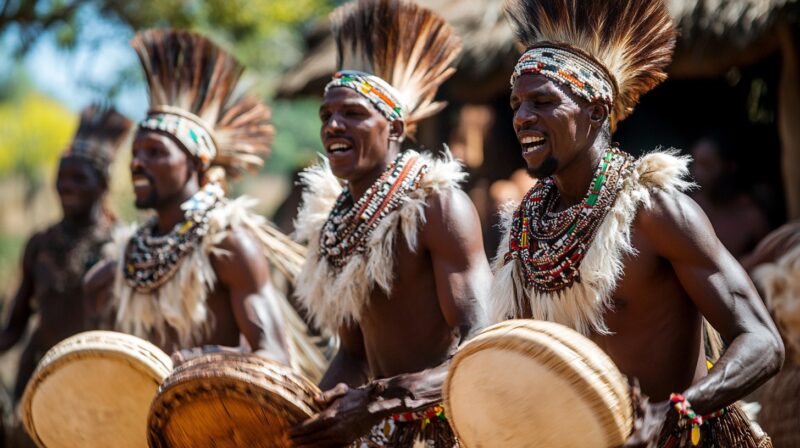
Poetry, music, and theater in Chichewa make full use of the language’s tonal qualities, creating performances that are not only linguistically expressive but also emotionally resonant.
The rhythmic flow and musicality of Chichewa lend themselves beautifully to artistic expression, making the language a powerful tool for conveying cultural identity and artistic creativity.
Modern Developments and Preservation
In modern times, Chichewa’s role as an official language in Malawi and Zambia has ensured its continued use in various domains of public life, including:
- Government
- Education
- Media
The official status has provided Chichewa with a platform for growth and preservation, as it is taught in schools, used in official documents, and featured in broadcasts and publications.
However, despite these positive developments, Chichewa faces challenges that threaten its long-term survival.
The dominance of other regional languages, particularly English, poses a potential threat to Chichewa’s prominence, especially among younger generations who may prioritize learning more globally recognized languages.
The influence of urbanization and globalization has led to the dilution of traditional languages, with Chichewa being no exception.
To counter these challenges, various initiatives have been undertaken to preserve and promote Chichewa.
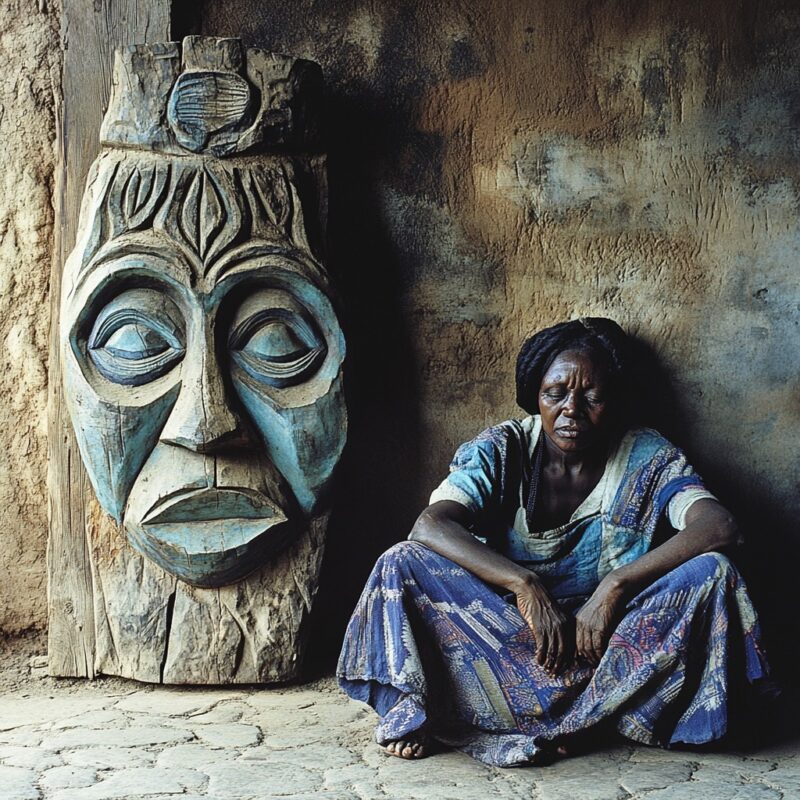
Linguists, educators, and cultural organizations are working together to document the language, develop teaching materials, and create platforms for Chichewa to thrive in the modern world.
These efforts are crucial for maintaining Chichewa as a living language that continues to evolve while preserving its rich historical and cultural legacy.
Fun Fact: Did you know that David Adedeji Adeleke is the richest singer from Nigeria with net worth over 70 million!!
Summary
Chichewa is not just a language; it is a testament to the rich history and cultural heritage of the Chewa people.
Efforts to preserve and promote Chichewa are vital for ensuring that future generations can connect with their linguistic and cultural roots.
The legacy of Chichewa serves as a reminder of the importance of safeguarding the languages that shape our identities and histories.

